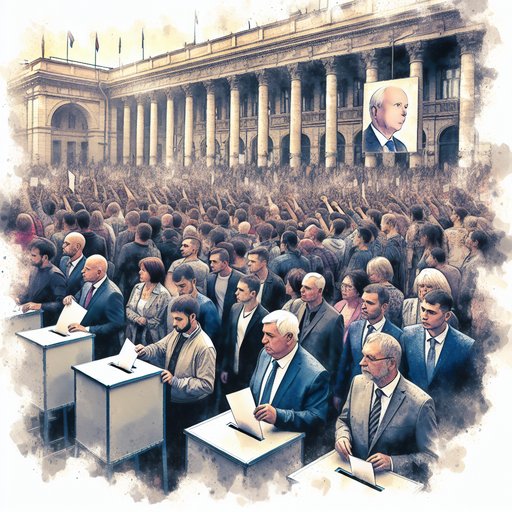
In a significant development for Turkish politics, Istanbul Mayor Ekrem Imamoglu has been sentenced to a new jail term, intensifying the political climate in the country. This decision comes at a critical time as Turkey approaches upcoming elections, with Imamoglu being a prominent opposition figure and potential presidential candidate. The ruling has sparked widespread reactions both domestically and internationally, raising questions about the future of Turkey's political landscape.
The Istanbul court's decision to sentence Mayor Ekrem Imamoglu to a jail term for allegedly insulting a prosecutor has sent shockwaves through Turkish politics. Imamoglu, who has been a key figure in the opposition against President Recep Tayyip Erdogan's administration, was seen as a potential challenger in the upcoming presidential elections. His sentencing is viewed by many as a politically motivated move to weaken the opposition's chances in future political contests. Reactions to the court's ruling have been swift and varied.
Supporters of Imamoglu have taken to the streets in protest, condemning the decision as an attack on democracy and freedom of speech. International observers and human rights organizations have also expressed concern over the implications of the ruling, highlighting the shrinking space for political dissent in Turkey. The European Union, in particular, has called for a fair and transparent judicial process, emphasizing the importance of upholding democratic values. The ruling has also intensified discussions within Turkey about the state of the judiciary and its independence.
Critics argue that the judicial system is being used as a tool to suppress opposition voices, a claim that the government denies. The case against Imamoglu has become a symbol of the broader struggle for political freedom and the rule of law in Turkey, as citizens and political analysts debate the future trajectory of the country's democracy. As Turkey prepares for its next electoral cycle, the political landscape remains uncertain. Imamoglu's potential absence from the political arena could significantly impact the opposition's strategy and voter mobilization efforts.
Meanwhile, President Erdogan's administration continues to assert its control, navigating both domestic challenges and international scrutiny. The outcome of this political saga will likely shape Turkey's democratic institutions and its relationship with the international community in the years to come.
























